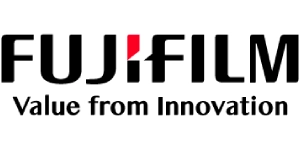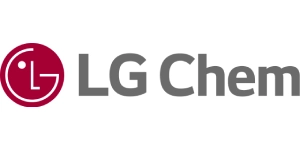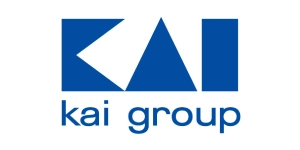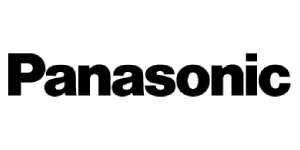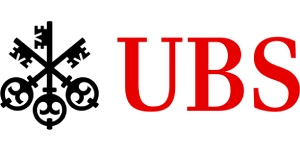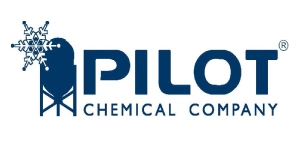Top Trends Driving the Converter Modules Market: Compact, High-Efficiency Power Solutions for Modern Electronics
Category : Semiconductor And Electronics | Published Date : May 2025 | Type : Press Release
Converter modules are devices utilized to convert electricity from one form to another, such as AC-DC converters and DC-DC converters. Moreover, the converter module provides a range of benefits such as high temperature protection, reverse polarity protection, high power density, voltage regulation, improved voltage, and others. Moreover, the converter modules are utilized in various end-use industries such as IT & telecommunication, aerospace & defense, automotive, healthcare, and transportation & logistics, among others. Further, the rising adoption in IT & telecommunication sector is boosting the market growth. According to Consegic Business Intelligence, the converter modules market size is estimated to reach over USD 18,801.21 million by 2032 from a value of USD 11,214.39 million in 2024 and is projected to grow by USD 11,745.95 million in 2025, growing at a CAGR of 7.2% from 2025 to 2032.

1. What are Converter Modules?
Converter modules are devices that transform electrical power or signals from one form to another, such as converting AC to DC or analog to digital. Also, the modules are essential for converting and regulating electrical energy. Additionally, the key function of converter modules is to regulate and maintain voltage so that electronic devices can operate stably. Further, the key types of converter modules include DC-DC converter module, DC-AC converter module, AC-DC converter module, and others.
2. End Users of Converter Modules
Several end users are driving the converter modules market, such as IT & telecommunication, transportation, aerospace & defense, healthcare, and others. Below, we have discussed a few major end users of the converter modules market.
3. IT & Telecommunication
The IT & telecommunication sector is leveraging converter modules for enhancing system efficiency and improving power factor to ensure constant operations, which in turn helps to enhance system or device reliability. Additionally, the converter modules are primarily utilized in data centers for facilitating DC voltage conversion, which is essential for providing a stable voltage for powering data center servers and systems.
4. Aerospace & Defense
The aerospace & defense sector is leveraging converter modules for providing efficient power supply, improved system performance, and enhanced connectivity from several power sources to the point of load. Moreover, the primary function of converter modules is to provide a stable and reliable power supply for aircraft power systems, including processors, displays, communication devices, and navigation devices.
5. Key Trends Driving the Converter Modules Market
Several key trends are driving the converter modules market, including rapid growth in the telecommunication industry, increased demand for energy-efficient electronics, and miniaturization of electronic devices, among others. Below, we have discussed a few major driving trends of the converter modules market.
6. Rapid Growth in the Telecommunication Industry
The telecommunication industry is growing rapidly due to the expansion of 4G and 5G infrastructure and the rising adoption of smartphones, IoT-connected devices, and others. Additionally, the IT & telecommunication industry leverages converter module capabilities in data centers and other network infrastructure components, which in turn is driving the market trends.
7. Increased Demand for Energy-Efficient Electronics
The growing demand for energy-efficient electronics due to the rise of portable devices, electrification of vehicles, and others is fueling the adoption of converter modules. Additionally, the trend towards a rise in IoT infrastructure, as well as changing stringent rules and regulations in the consumer electronics sector, is fueling the market growth. Further, the rising demand for energy-efficient electronics in healthcare and military defence sectors is paving the way for market progress.
8. Miniaturization of Electronic Devices
The trend towards rising need for miniaturized electronics, which enables lighter, more compact power supplies with increased functionality. Additionally, the miniaturization of electronics devices is driving adoption in IoT-connected devices, which in turn is propelling the market growth. Also, converter modules come in smaller and more efficient packages, making them ideal for miniaturization. Further, the key advantages of miniaturized electronics include increased functionality, lowered cost, and improved performance, among others.
Conclusion
The converter modules are rapidly transforming various end-use industries such as IT & telecommunication, aerospace and defense, among others. Also, the key trend, such as rapid growth in the telecommunication industry, increased demand for energy-efficient electronics, and miniaturization of electronics devices, among others is fueling the market.


